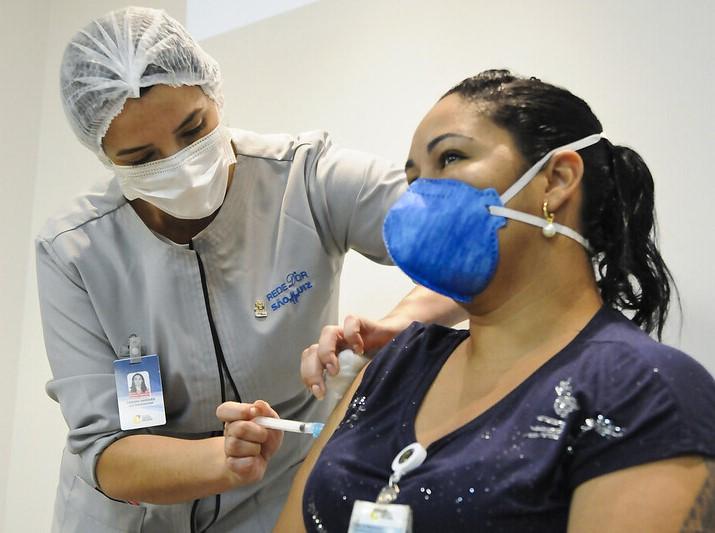In its latest snapshot of the pandemic, the World Health Organization (WHO) yesterday said cases last week rose 55% over the previous week, up in nearly all parts of the world and highest in the region that includes India.
More than 15 million cases were reported to the WHO last week, which is certainly an underestimate, WHO Director-General Tedros Adhanom Ghebreyesus, PhD, said today at a briefing.
Deaths have averaged 48,000 a week since October, reflecting a stable trend, he said. And while the Omicron (B.1.1.529) variant fueling the surge causes less severe disease than Delta, it is still dangerous, especially for unvaccinated people. "Almost 50,000 deaths a week is 50,000 deaths too many."
Tedros said that learning to live with the virus doesn't mean accepting large fatality numbers. Though the world is making progress with vaccine rollout, large portions remain unprotected, with 85% of Africa's population yet to receive their first doses, Tedros said, adding, "We cannot end the acute phase of the pandemic unless we close this gap."
Big rises in multiple regions
In its weekly update, the WHO said cases are rising in all regions except Africa. Cases last week in the WHO's Southeast Asia region—which includes India—were up 418% compared with the previous week. India's cases rose 525% compared with the week before.
The region showing the next biggest rise is the Western Pacific, where cases more than doubled. The Philippines, Japan, and Guam reported the biggest jumps, but Australia reported the region's most cases.
The five countries reporting the most cases were the United States, France, the United Kingdom, Italy, and India.
At a separate briefing today on the situation in the Americas, officials from the WHO's Pan American Health Organization (PAHO) said the United States reported the bulk of the region's cases last week, with activity gaining steam in Canada, especially in eastern provinces.
In South America, Bolivia, Ecuador, Peru, and Brazil are experiencing similar spikes, with Brazil's hospitalizations rising, especially in populous states in the country's central and eastern regions.
More global headlines
- China is still struggling to contain COVID-19 spread in the northern port city of Tianjin, where officials ordered a new round of mass testing and response measures are affecting manufacturing operations such as a Toyota plant. China is facing challenges to its "zero COVID" policy, with Lunar New Year gatherings and travel coming up, along with the Winter Olympic Games, slated to begin in Beijing next month.
- South Korea today approved the Novavax recombinant, adjuvanted COVID-19 vaccine today for use in people ages 18 and older. The product will be made by South Korea–based SK Bioscience, which has agreed to provide the government with 40 million doses.
- Tunisia has reimposed a night curfew and has banned large gatherings for 2 weeks to curb its rapid COVID rise, according to Reuters.
- The WHO's COVID-19 emergency committee meets tomorrow for the 10th time to discuss the latest developments, assess if the situation still warrants a public health emergency of international concern, and update its current recommendations, the group said in an email statement. WHO emergency committees typically meet every 3 months or more often, if needed. The group's last meeting occurred on Oct 26, 2021.
- The global total today climbed to 314,861,126 cases, along with 5,509,531 deaths, according to the Johns Hopkins online dashboard.























